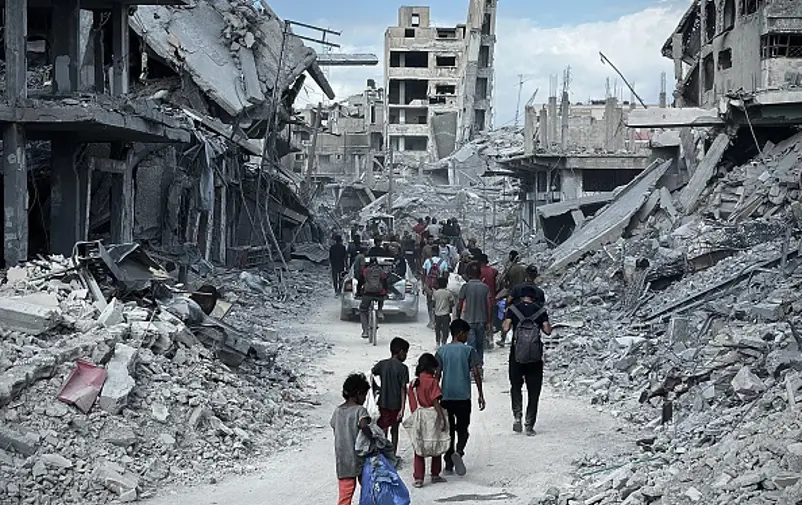The EU strengthens its civilian capacity to respond to crises in the world
The EU member states have agreed on a new civilian compact that is to create more effective civilian crisis management missions that are ready to act more quickly when new threats arise. FBA has contributed to the development of the civilian compact in a number of different areas in which the agency has expertise.The agreement on a new civilian compact is an important part of the action plan to reinforce the EU’s common security and defence policy, the Strategic Compass. Among other things, it involves greater investment in the EU’s civilian crisis management capabilities and increased collaboration with partners.
Several thousand men and women are serving in 13 civilian missions in Europe, Africa and Asia to create a safer world. They monitor and report on how conflicts develop and strengthen countries’ capabilities to drive democratic reforms to build states that are governed by law, with support to the police and the rule of law.
“The new civilian compact is about reinforcing the civilian part of the EU’s crisis management capabilities and creating effective missions that are more flexible and robust, as well as better prepared to meet future challenges,” says FBA’s Director General Per Olsson Fridh, adding that the Swedish presidency has done a fine job in getting the new agreement together.
The civilian compact will also increase the EU’s opportunities for action in a geopolitical environment that is marked by Russia’s unprovoked and unlawful war of aggression against Ukraine. With the new civilian compact, the EU is better equipped to address today’s security threats and challenges.
“The EU is undertaking to put a clearer focus on the civilian crisis management missions, partly by discussing these at ministerial level annually. It will also be possible to get a clearer idea of what effects the missions have had in the host country through regular evaluations,” says Åsa Claesson, EU coordinator at FBA, who adds that the agreement is expected to help ensure that the EU's crisis management capabilities will take real steps forward over the next four years.
The EU also plans to be able to quickly deploy 200 civilian experts within a month when needed in complex environments.
“The EU aims to invest further resources to increase the number of experts seconded to the civilian crisis management missions and to achieve the objective of at least 40 per cent seconded women,” says Åsa Claesson.
“FBA has stressed the importance of a well-functioning leadership that also leads to increased gender equality in the missions and also the necessity of a good work environment. The agency has also been working to ensure that the EU's civilian missions will analyse climate-related security threats and how conflicts affect the younger members of the population,” she continues.
The agreement on the civilian compact also contains measures to strengthen the EU headquarters for civilian missions and measures to strengthen the resilience of host states and related missions in crisis management. There are also plans for how other tools that the EU has at its disposal for creating integrated efforts can reinforce civilian crisis management missions and create synergies, as well as commitments on collaboration with host states’ justice and interior ministries and other relevant bodies.








 >
> >
>

